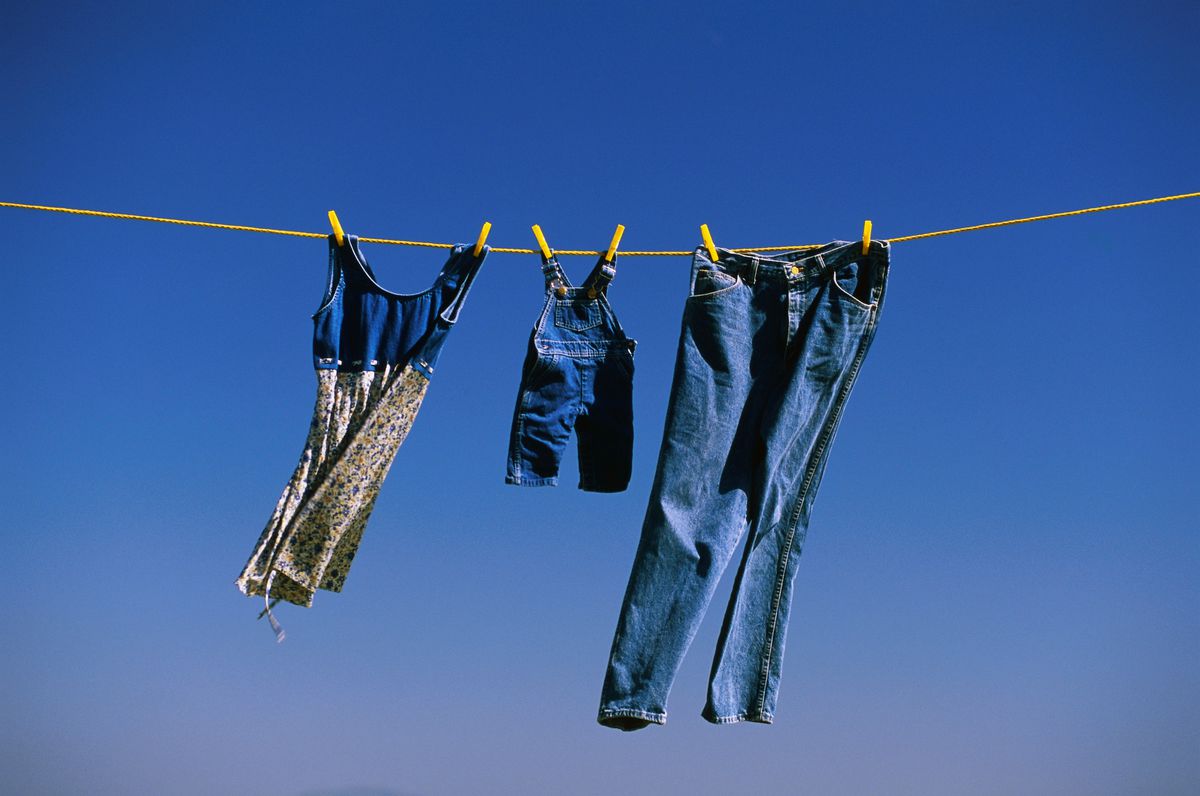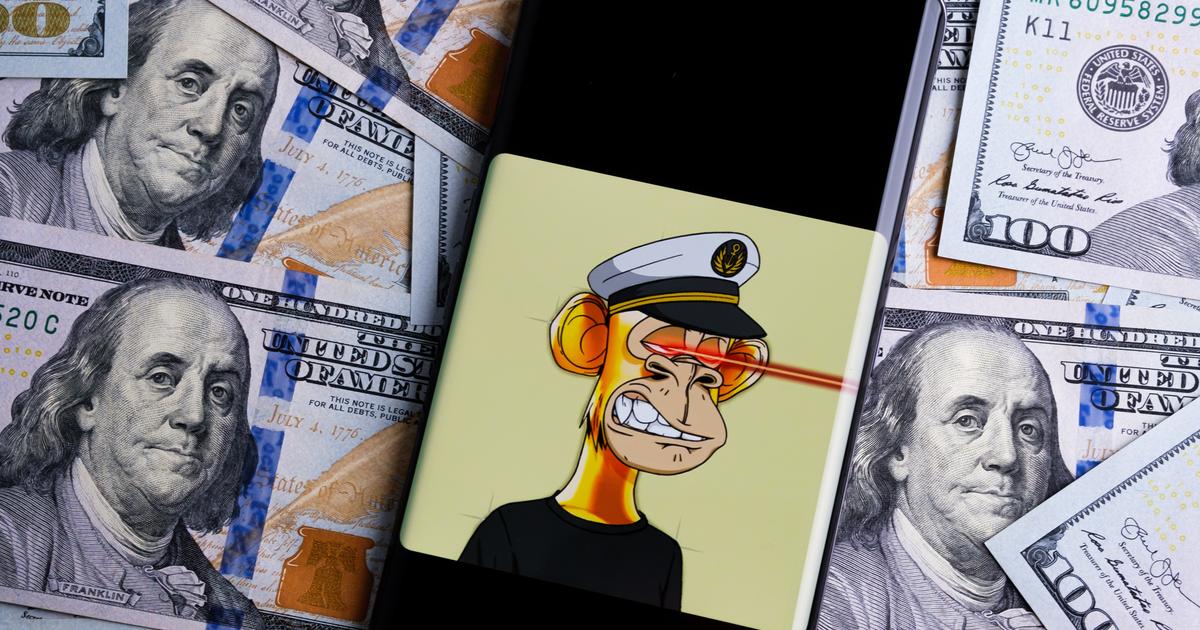“Spain is a country in which they quickly raise you to success and, with two hosts well given, or badly given, they lower you to the ground.
This is what happened to Andrés Pajares”.
In the first chapter of the documentary series
Pajares & CIA
(Atresplayer Premium), Javier Gutiérrez, also an actor, summarizes the career of one of the most popular comedians in Transition Spain, the one who filled nightclubs in Madrid in the seventies , who swept the box office in his films accompanied by Fernando Esteso and directed by Mariano Ozores, who went on to win a Goya in 1991 for
¡Ay, Carmela!
and that in the 2000s he dragged himself through television sets and through the press of the wildest heart until he ended up arrested after assaulting, camouflaged under a hat and a false mustache, a law office with a toy gun in 2008.
More information
Pajares and Esteso: from masters of Spain to oblivion
The first of the five episodes of the Atresmedia series in collaboration with Producciones del Barrio starts from that fall into hell, and then jumps to 1975 and begins a review of what we were and what we are through the trajectory of Andrés Pajares (Madrid, 81 years old). For Carlos Torres, director of the documentary, this professional path draws a clear parallel with the entertainment of Spanish society. “In the fifties and sixties, Pajares went from town to town with his magazine companies, entertaining people who couldn't go to the big events in the city. In the seventies he began to make films and became the Spanish
blockbuster
when the Spanish visited the cinema en masse. In the nineties the private chains arrived and
Oh, Lord, Lord!
when for the first time a private channel, Antena 3, beat the public one.
And in the 2000s, in that wave of gossip shows and that celebrities no longer mean what they used to mean and were not untouchable, Pajares also becomes a central character.
Our form of cultural consumption is closely linked to his career as an artist, its rise and fall”, says the director.
Perhaps the logical culmination of this parallel path between Pajares and the consumption of entertainment in Spain was a documentary series that is broadcast on a digital platform.
Fernando Esteso and Andrés Pajares, in a file image of the documentary.
The memory that Torres, 36, had of the actor was Pajares from the Antena 3 series
Oh, Lord, Lord!
and of the character who stepped on the sets of the programs that her grandmother watched in the early 2000s while she sold her life to the highest bidder.
"I saw a part that was not the complete figure of Pajares," she explains.
After months of documentation and interviews with more than thirty personalities, including the actor himself and his artistic partner in that cinema of the seventies and eighties, Fernando Esteso, the image he has of him has completely changed.
"We didn't want the series to be so much a
biopic
of Pajares as to revisit his importance in the world of entertainment to explain how Spanish society had responded after the Transition," the director says by phone.
"To explain his career was to explain what Spain had entertained itself with in the last 40 years," he adds.
In the documentary, the journalist Juan Sanguino describes the cinema of Fernando and Esteso as the transfer to the seventies of the Netflix algorithm: if you put together several elements that the public likes, you will have a bombshell.
More than a million spectators saw Los bingueros
(1979)
at the cinema .
The 15 million pesetas (90,000 euros) that were invested in it turned into 200 million (1,200,000 euros) in profits, and managed to establish a model of film and humor that would be repeated in successive collaborations of the comic couple.
Later would come
The Energetic, I did Roque III, The Liantes, Father there are only two
or
Shake before using it
.
Andrés Pajares and Fernando Esteso, in a reunion for the recording of 'Pajares & CIA'.
It was the Spain of the uncovering, in which the cinema went from not showing anything due to censorship to showing everything whether or not it was appropriate.
“Is it possible that there are people who believe that my films are sexist?
They are dumb asses”, sentences, slyly, Pajares in the documentary.
Esteso agrees in placing himself far from machismo: "We felt admiration for women."
The second episode of the documentary takes a critical look at that cinema that the public enjoyed en masse.
“It was the highest grossing, but it hasn't been dealt with much in books and with specialists, this most popular cinema doesn't have as much review as other cinemas.
Our starting point was to try to tell that Spain to see where we come from, talk about us, challenge society, see that many things that happen to us today, machismo, classism, were already there.
And that even then debates were raised around that.
Sometimes when we think back to the eighties, we think that actresses didn't think about what they think about now.
That is why the archive is very important in this series, so as not to infantilize that society”, defends Torres.
This file allows us to see a debate moderated by Jesús Hermida between uncovering actresses asking themselves questions that are still relevant today.
Carmen Maura, Gabino Diego, Andrés Pajares and the director Carlos Saura, during the filming of '¡Ay, Carmela!'.
For the director, a fundamental objective of the series was to revisit that time with a critical spirit.
“In this wave of revisionism, we didn't want to be kidnapped by the nostalgia of looking at a pop phenomenon and sticking only with pop, but neither did we want to be vindictive with the past, looking at it only with today's eyes,” he explains.
The documentary tries to maintain the balance between the testimony of that time and current debates such as the limits of humor.
“I accept what David Trueba says in the documentary, that to understand what is happening now, you have to understand the tools of the Paleolithic.
You have to watch those movies like the caves of Altamira”.
That critical look is also directed at the role played by some television programs dedicated to the heart in the 2000s in the fall into hell of Pajares.
Because if the actor reached the top, the descent was resounding and broadcast almost live before the eyes of all of Spain from the sets to the headlines of the news.
A few days after the event at the law firm, he ended up admitted to a psychiatric hospital after suffering an anxiety crisis in a hotel in Barcelona.
Through his interviews with the actor, Carlos Torres discovered a man very devoted to the profession. “He has the perception that he is a great actor, which is true, and he has that feeling of respect for the profession, of watching movies at home, going to the theater, writing to the actors… He is a great filmmaker. That serene figure of Pajares caught my attention in contrast to the memory I had of him.” A member of the crew of the TV3 true crime documentary series
Crims
, Torres finds similarities between
Pajares & Cia
and
true crime
. “In the end it is about transferring emotions to people, that they watch a series and feel something. In the third chapter, when Pajares recounts his life, how he became an actor, his story is moving.
true
crime
it also serves for that, to excite and open folders of larger themes.
Against the background of a crime, he has to talk about other things.
In that, Pajares & Cia
is similar
: with that vital trajectory full of milestones, we tell what we are”.
You can follow EL PAÍS TELEVISIÓN on
or sign up here to receive
our weekly newsletter
.









/cloudfront-eu-central-1.images.arcpublishing.com/prisa/WJD5WXP4WBA7JFCWV357AGKGAQ.JPG)



/cloudfront-eu-central-1.images.arcpublishing.com/prisa/KMEYMJKESBAZBE4MRBAM4TGHIQ.jpg)

